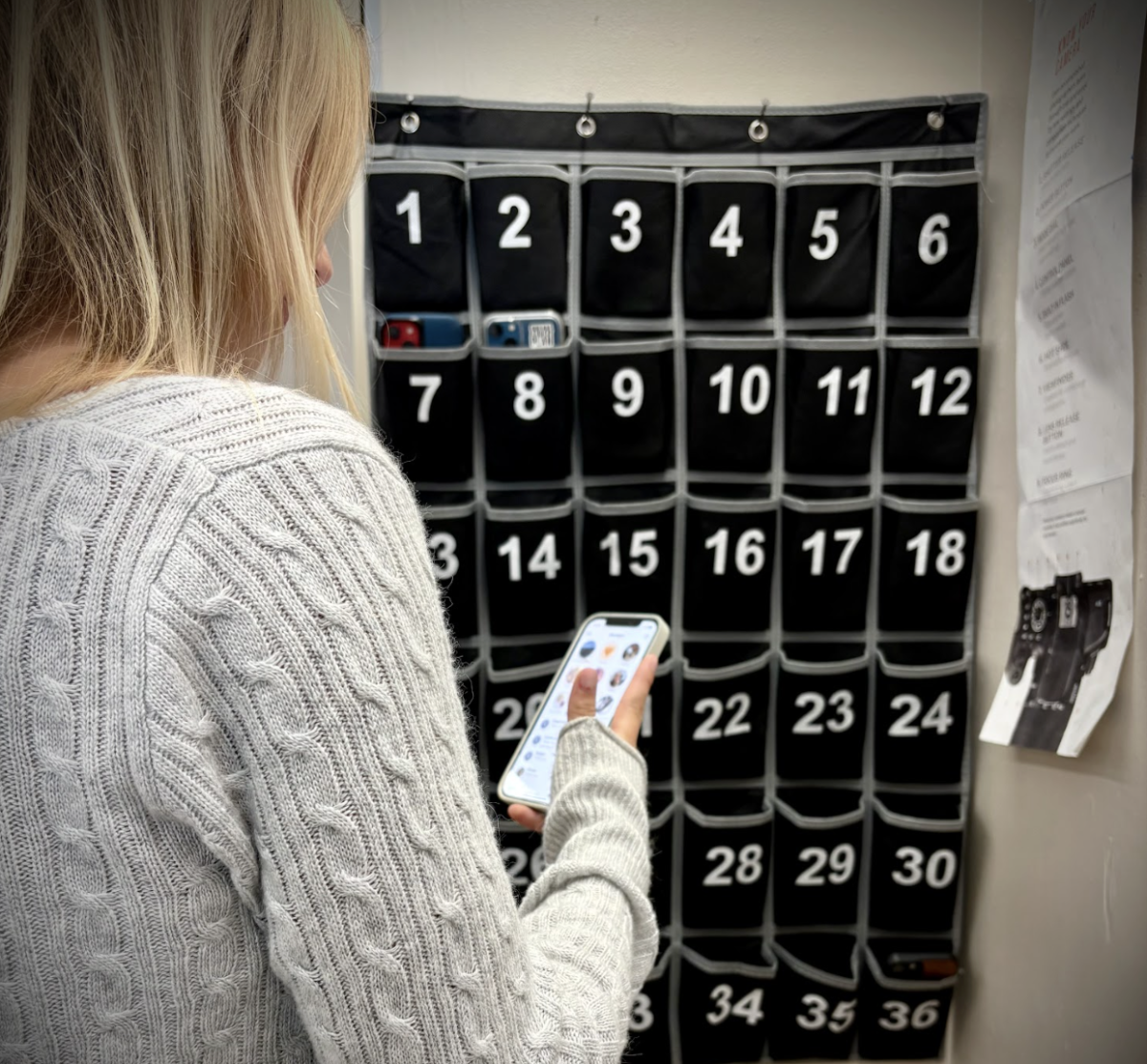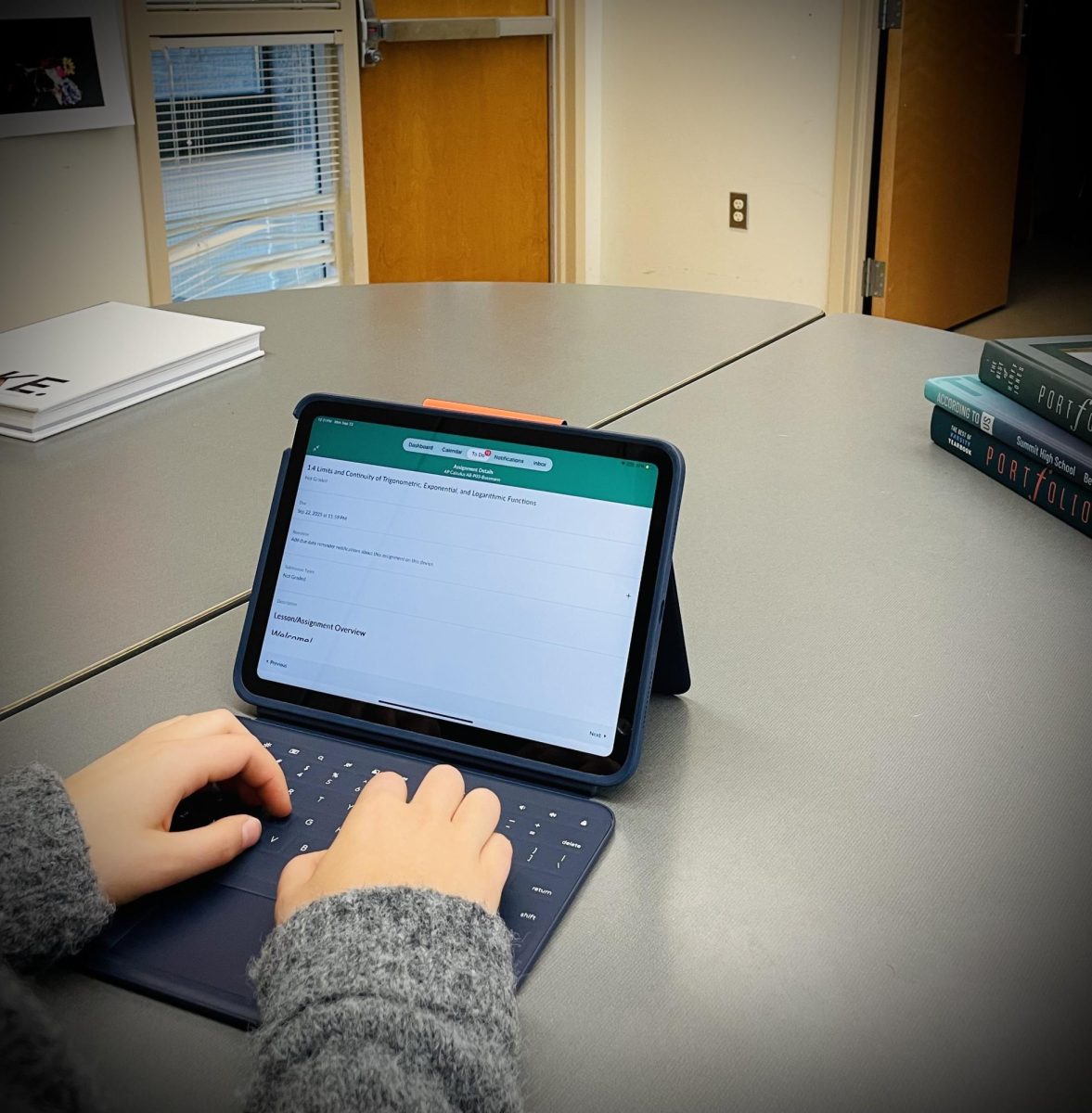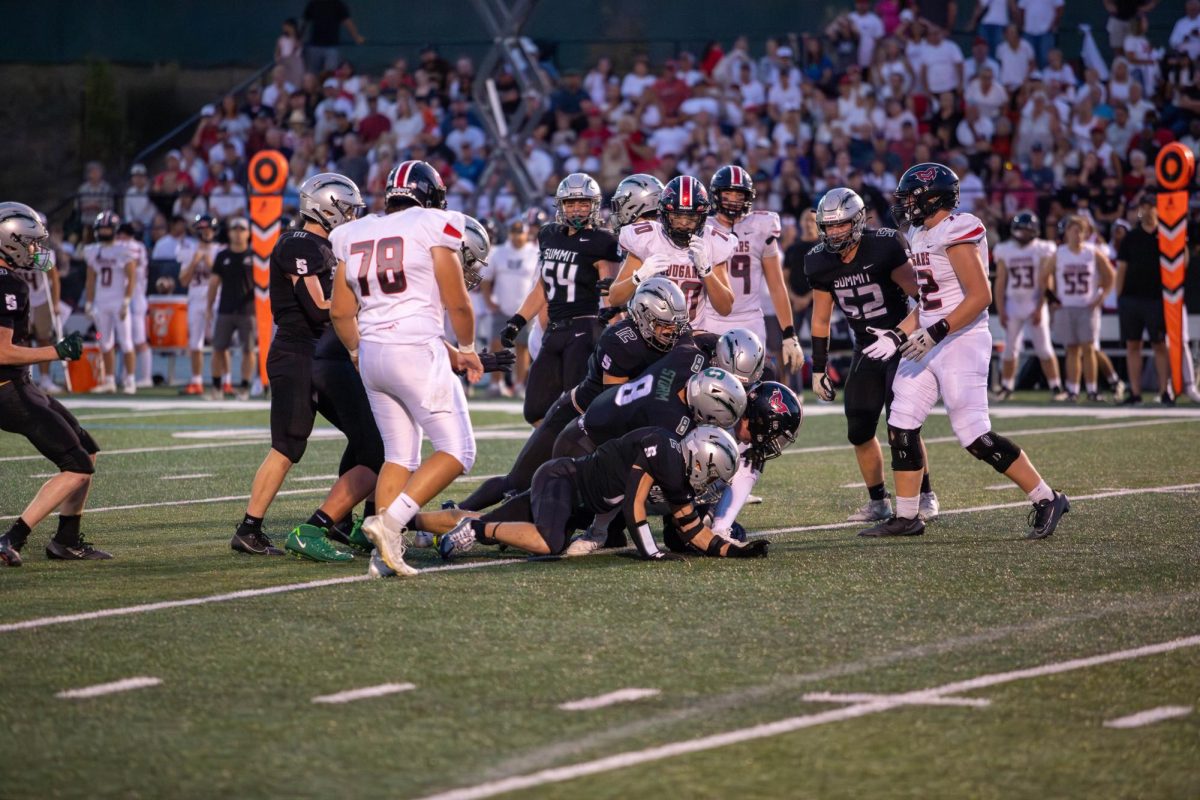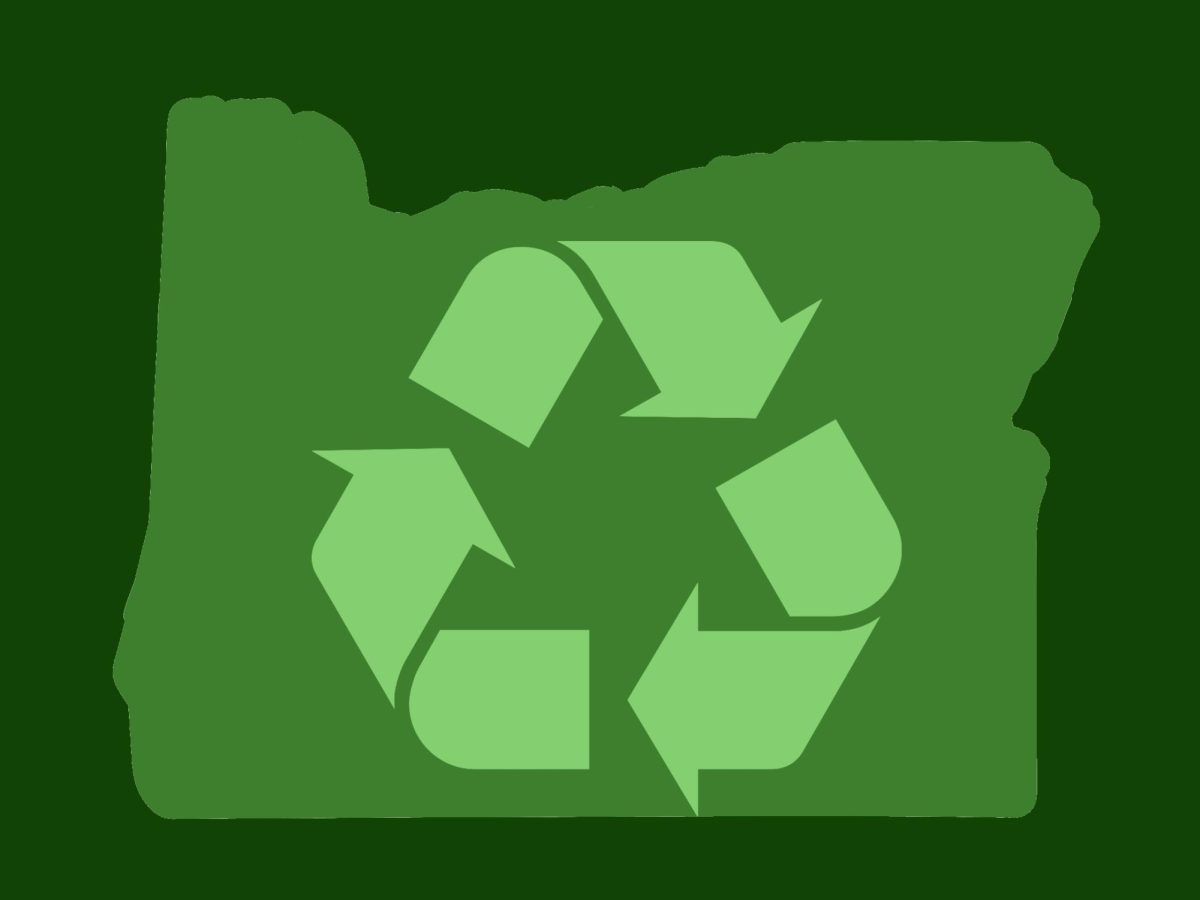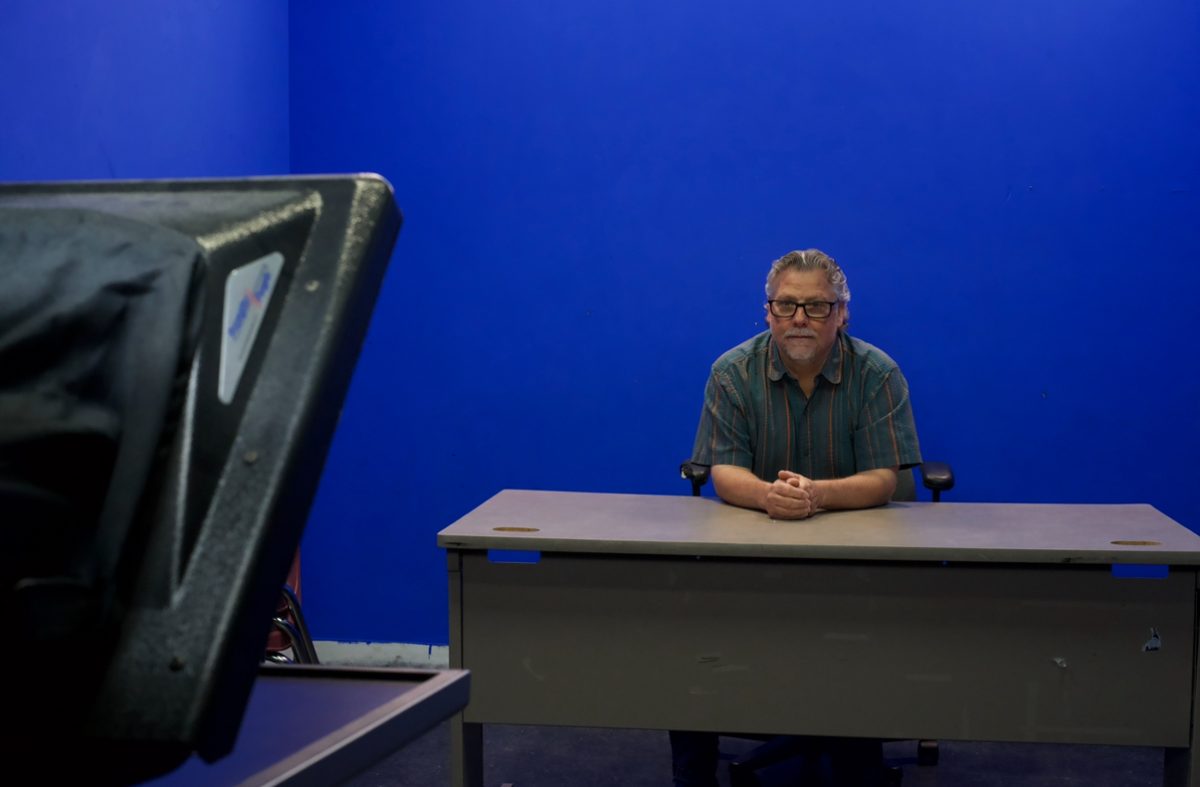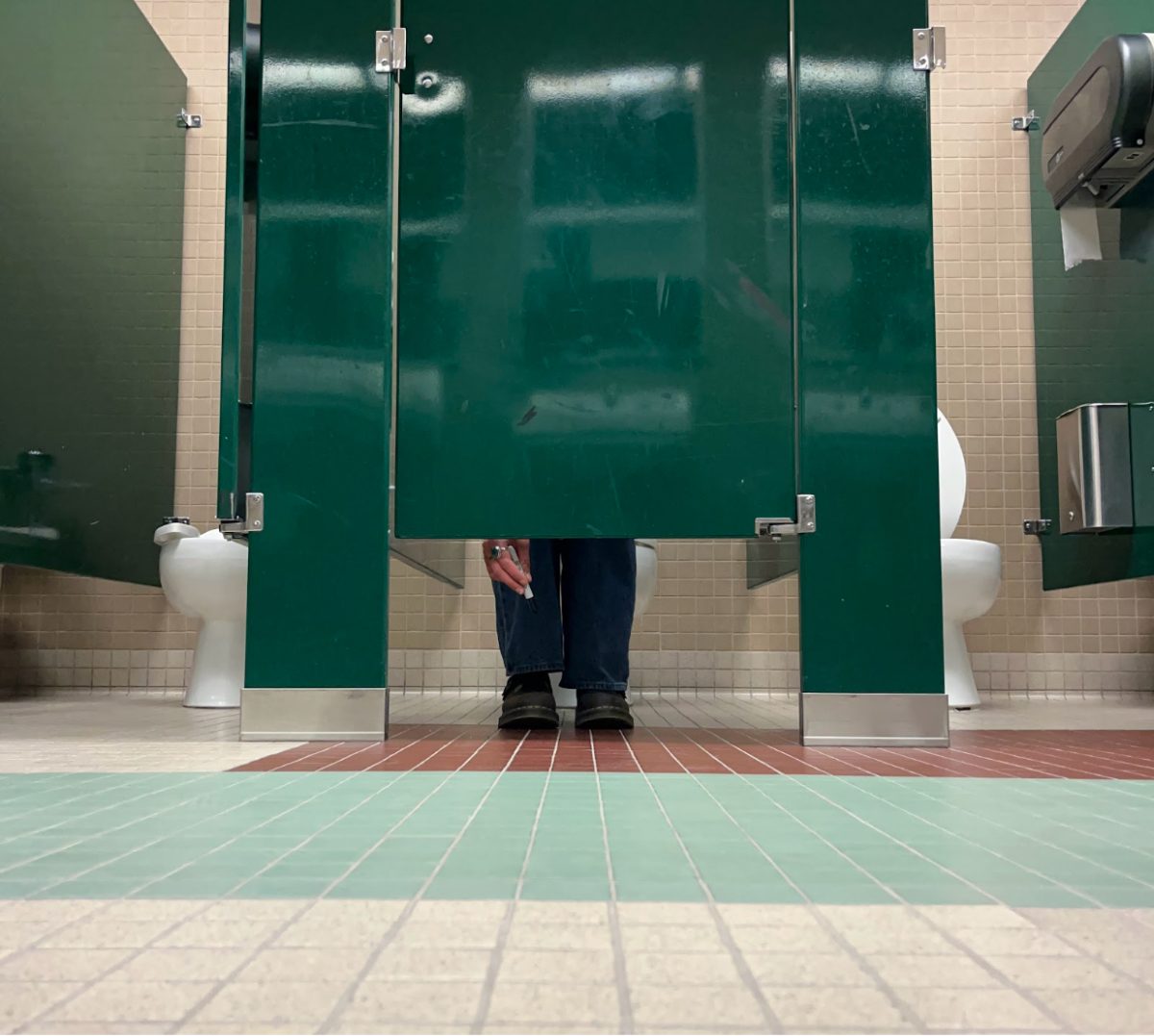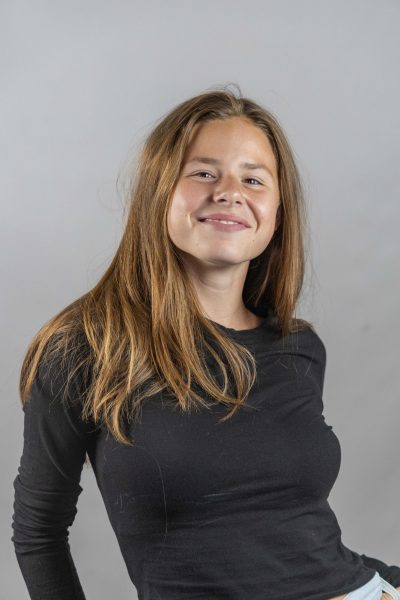Bread tags, grocery bags, plastic caps and metal cans. All of these items end up in the recycling. But which actually belong there? And how often do they end up in the right place after they’re picked up? In the United States, the answer to these questions can be far from straightforward. Yet, various players in the realm of waste management are looking to change how people, especially Bendites, recycle.
One such example is Ridwell, a company founded in Seattle in 2018, that is beginning to offer their recycling program in Bend. Ridwell first started as Owen’s List, a weekend project with co-founder Ryan Metzger and his son. They sought to find a way to get rid of items that weren’t picked up by their waste service, like batteries and corks, in an environmentally-friendly way.
“He and I started this little recycling carpool, if you will, where we have room in our basement that had all these types of materials that couldn’t go in our main recycling bin,” explained the elder Metzger. “We found all these partners that were 20 to 30 — 45 sometimes—minutes away from where we lived…We had a little website loans list, and so we would go around the neighborhood and pick up other people’s stuff too.”
Since then, Ridwell has grown into the program that it is now. Customers sort hard-to-recycle items, such as corks, electronics, pill bottles and more, into bags and place them in a box outside of their front door. Ridwell visits each neighborhood once every two weeks to collect the bags. From there, Ridwell delivers the “waste” to local partners, such as Trex or WeeCycle, who use the materials for different purposes.
In Portland, plastic film/wrap is used by Trex to create decking materials, multi-layer plastic is turned into building and drainage materials, lightbulbs are collected by a company that specializes in safely recycling them and Green Century grinds up styrofoam to make reusable blocks. Other items, such as winter clothing or shoes, are picked up and donated to nonprofit organizations, including WeeCycle which specializes in distributing baby gear.
Ridwell has locations in Atlanta, Austin, the Bay Area, Denver, Los Angeles, Minneapolis, Portland and Seattle where 23 million pounds of trash have been saved from landfills. However, Ridwell isn’t introducing its full program to Bend just yet due to Bend’s smaller size and location.
“We [are] introducing a product called Ridwell Express to Bend because Bend has been an area that was actually one of the most vocal about wanting Ridwell,” said Metzger. Ridwell Express operates through the postal service, and customers receive bags with postage to Ridwell’s warehouse in Portland. Once a bag is filled with recyclable materials (currently only plastic film and food packaging can be recycled through the express) it is sent to the warehouse and combined with items that have already been picked up from houses.
“But really, we would hope, and many people in the audience last week were really enthusiastic about bringing a full Ridwell,” said Metzger.
Besides the depth of what Ridwell recycles, the company is unique in terms of its transparency. Ridwell audits and tracks the collected materials to ensure they end up in the right place, resulting in a total of 97% of all of the materials collected being recycled or reused. Comparatively, a large percentage of the trash collected for recycling in the U.S. ends up in landfills, and only about 5% is used to create new products, according to one report. However, Ridwell is facing some pushback in Bend.
“We’ve reached out to the city last year, and there were some concerns that were raised around franchise garbage haulers being the only people that could operate something like this,” said Metzger. “We operate alongside franchise garbage haulers in many, many cities… And so our goal would be to just kind of present the case that actually it’s helpful to have choice in what consumers can get.” Before Ridwell, there were various items, including clamshell plastics, that couldn’t be recycled anywhere in Oregon.
Susan Baker, the Waste diversion and Franchise Services Manager for Deschutes County Solid Waste, helped explain what exactly a franchise system is.
“Deschutes County and each of the cities each independently have a franchise for waste and recycling collection services,” said Baker. “So they’re involved in approving the rates that are charged to the consumer.” In other words, a franchise hauler is a company granted the right to collect city waste.
While the franchise waste haulers could provide a roadblock for Ridwell, Baker was optimistic about legislation around recycling in the state of Oregon. The Plastic Pollution and Recycling Modernization Act (MRA) will create a statewide universal recycling list starting in July of 2025, meaning that what’s recycling in one city can also be recycled in another. Additionally, the MRA will create a producer responsibility organization (PRO), forcing companies that create waste to pay into a program.
“They’re going to pay into that, meaning that they have to pay [to] start having solutions for some of what we identify as these hard to recycle items,” said Baker. Finally, the MRA will also expand recycling programs within communities.
“In July… there’ll be these depots [in Deschutes County] They’ll be free drop-off centers for people to drop off hard to recycle items. And I think they’re still being finalized, but some of the items will be styrofoam, plastic bags and film,” explained Baker.
In the meantime, Republic Services, one of the two franchise haulers in Bend, will be starting its own supplemental program called “Recycle Plus.” RecyclePlus will collect plastic clamshells, batteries, lightbulbs and textiles. While customers will have to pay extra for these items to be recycled, Recycle Plus works more like Ridwell in that these materials will be picked up at a person’s house, just like with the typical, comingled recycling bin.
However, it is important to note the mistrust against recycling programs that haven’t been audited in the same ways Ridwell has. Baker seemed to have high confidence in our current system though. Once collected at a facility in Bend, the recycling is transported to a materials recovery facility (MRF) in Portland where everything is sorted and eventually shipped to market. Items that aren’t currently recyclable through waste haulers, like plastic bags, can disrupt the process. This issue causes concern for those who doubt whether or not their recycling is actually being repurposed.
“I’m not aware of them ever having to take an entire load to a landfill. It just becomes contaminants in the materials or travels a long way to go in a trash can,” said Baker. According to Baker, the rate of contamination in Eastern Oregon was approximately 12% to 12.5%, lower than the rates in large cities like Portland.
From drop-off centers to concierge services, Bendites will have lots of options to recycle—and lots of decisions to make—in the near future. At a time when environmental disasters are reaching their tipping point, it is important to examine not only what is being thrown away, but where that waste goes.




